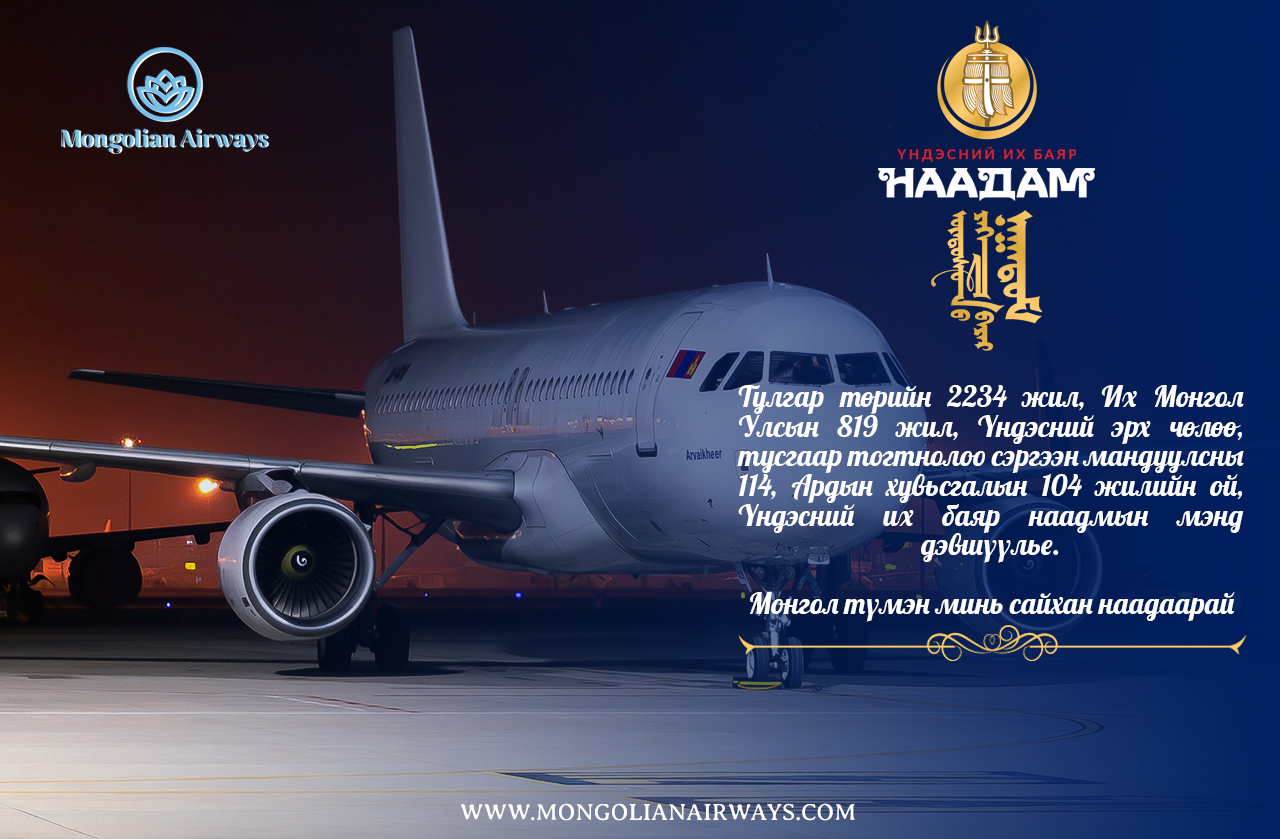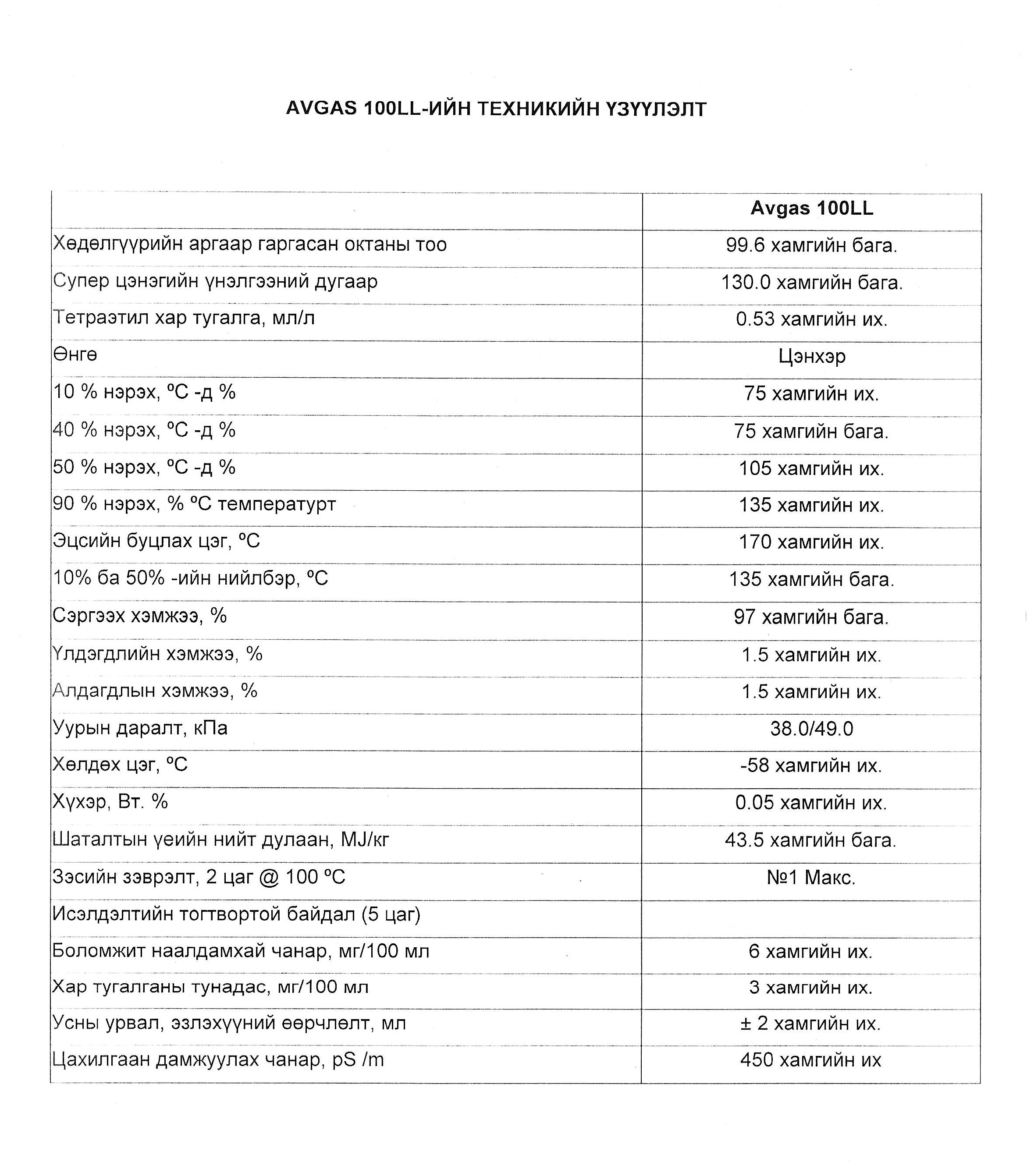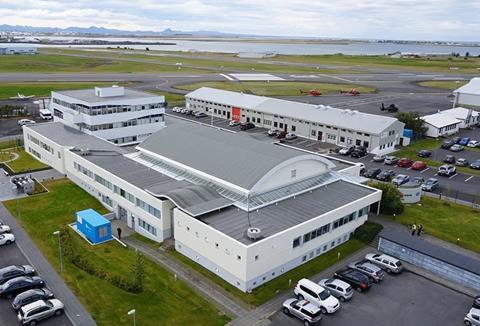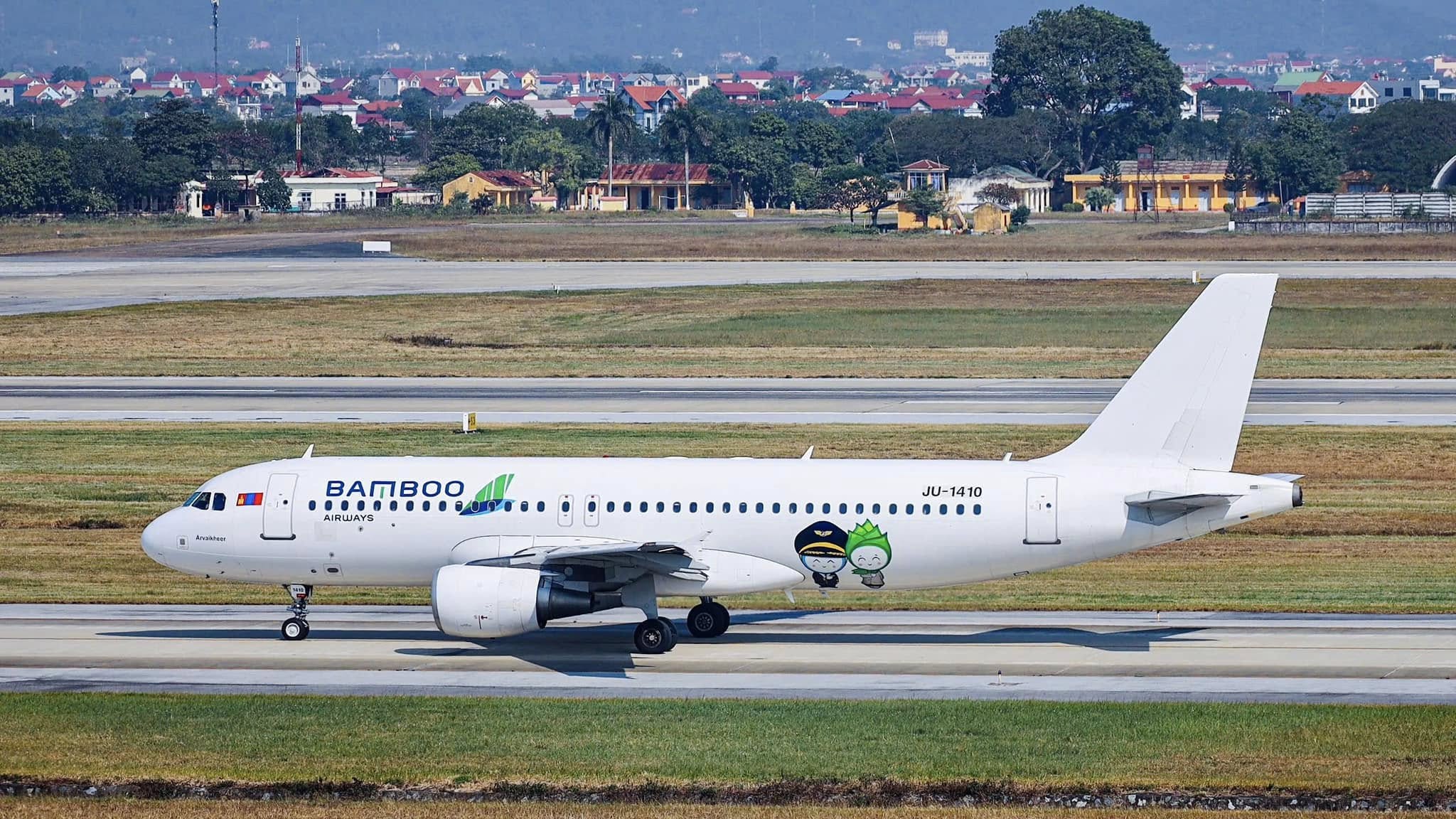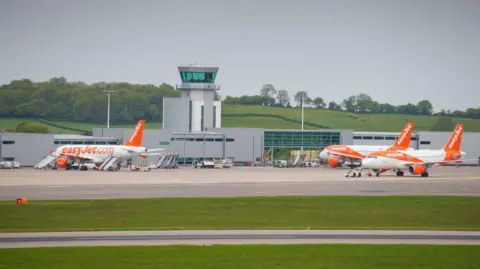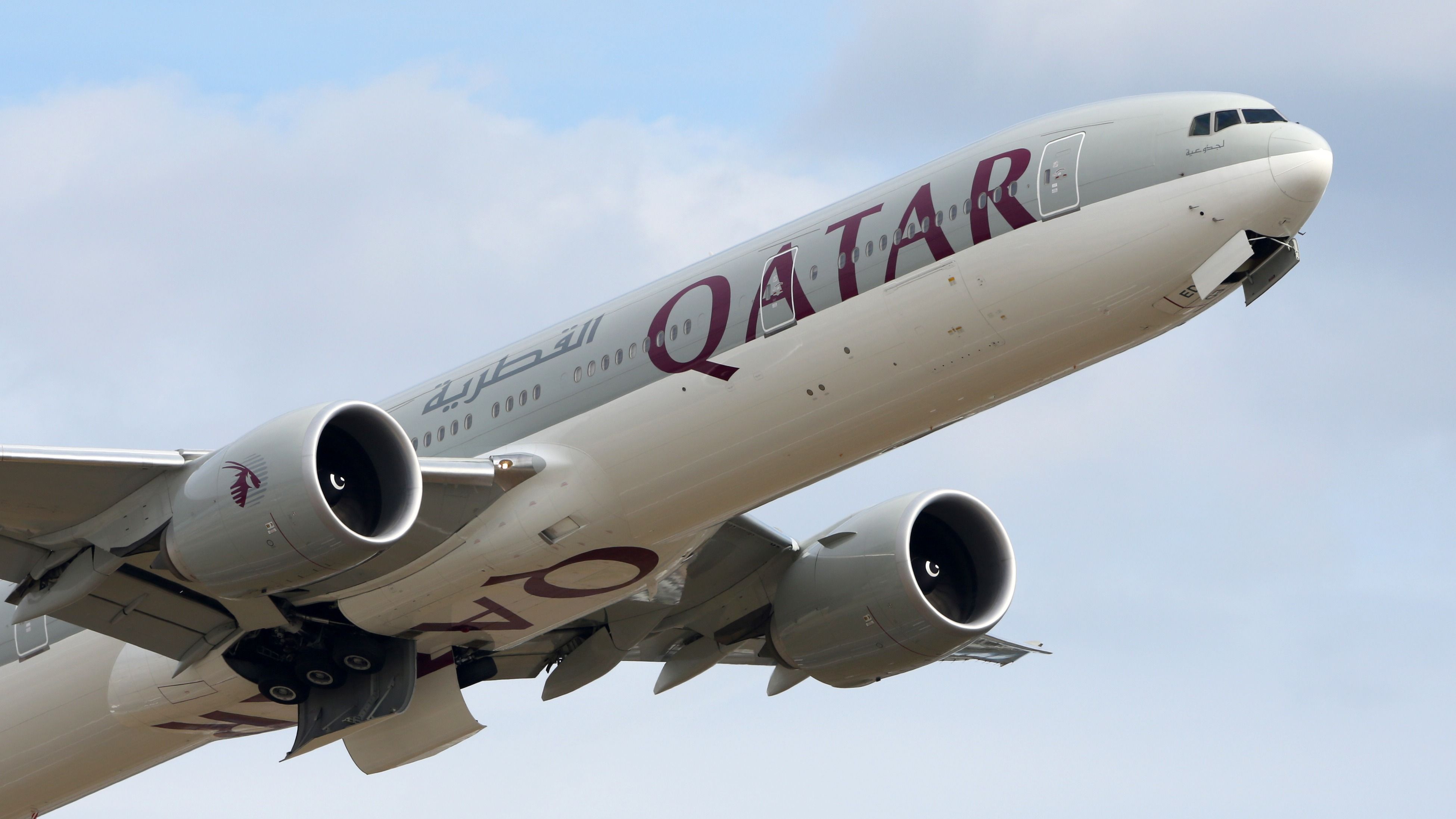
The US Federal Aviation Administration has granted $291 million in subsidies to aerospace companies and other aviation entities, part of the Biden administration’s efforts to promote sustainable aviation fuel (SAF) and emerging technologies viewed as more sustainable.
Major companies like Boeing and Honeywell received grants, as did start-up players like Heart Aerospace, JetZero, Magnix, Otto Aviation, ZeroAvia and Wright Electric, says the FAA, which disclosed the grants on 16 August.
The grants came through the FAA’s Fueling Aviation’s Sustainable Transition programme, with funds made available by the Biden administration’s “Inflation Reduction Act”. That 2022 law approved massive government funding for the purpose of helping the USA transition to alternative energy sources.
The vast majority of the grants – $245 million – went to projects involving production, transportation, blending and storage of SAF, the FAA says. The subsidies will help “achieve the goal of net-zero greenhouse gas emissions from aviation by 2050”, it adds.
The aerospace industry has pinned its carbon-reduction strategy on biofuels and other types of SAF, despite massive hurdles. Production remains nascent, costs are elevated, the carbon-reduction benefits are debatable and widespread biofuel production risks detrimental land-use changes, experts say.
Energy company BP Products won $26.8 million in grants to support SAF production in Washington state, while Phillips 66 landed $22.9 million for SAF blending and storage in the western USA. Citgo received $18.3 million for similar purposes.
The FAA also awarded grants to airports, for use in studying the feasibility of and requirements for SAF distribution.
“These grants will expand SAF production, enhance SAF supply chains and increase SAF accessibility,” the FAA says.
Aerospace manufacturers were also winners, securing a combined $47 million to support “low-emission aviation technologies”.
Boeing landed $2.6 million to develop systems that more accurately measure aircraft fuel loads, RTX division Hamilton Sundstrand received $1.9 million to ensure aircraft fuel systems are SAF-compatible, while Honeywell secured $425,000 to develop turbo-generators.
New York state-based start-up Wright Electric, which is seeking to produce improved aircraft batteries, secured $3.3 million to fund development of “high-temperature molten lithium-sulphur” batteries, and California’s Heart Aerospace landed $4.1 million to develop hybrid-electric aircraft systems.
Another new player, California’s Otto Aviation, won $7 million to finance wind-tunnel testing of a “laminar-flow wing” for an envisioned future aircraft, and hydrogen-electric propulsion specialist ZeroAvia landed $4.2 million to help develop 2-5MW electric propulsion power trains.



